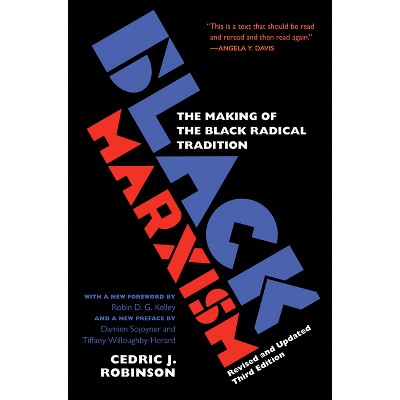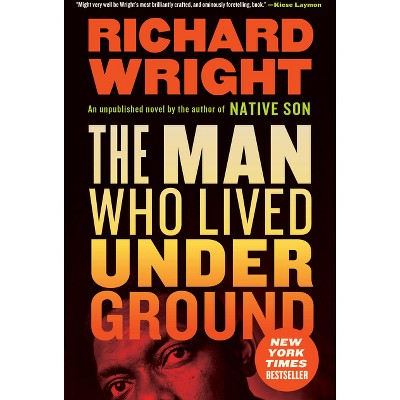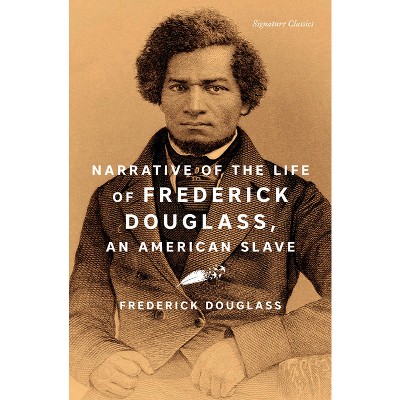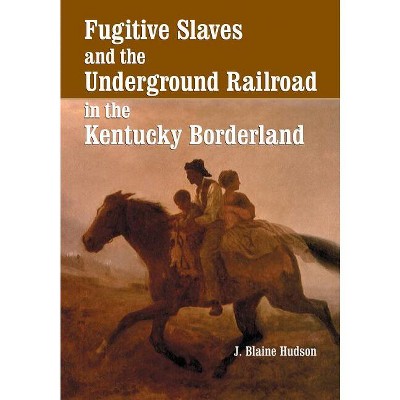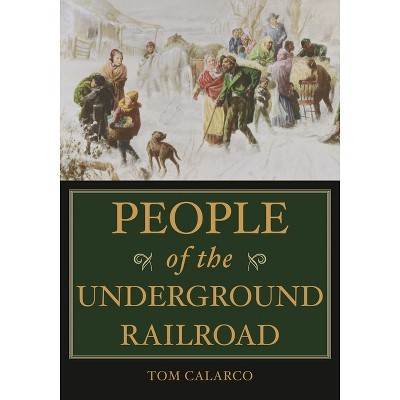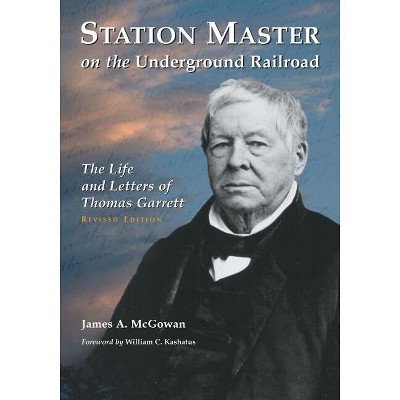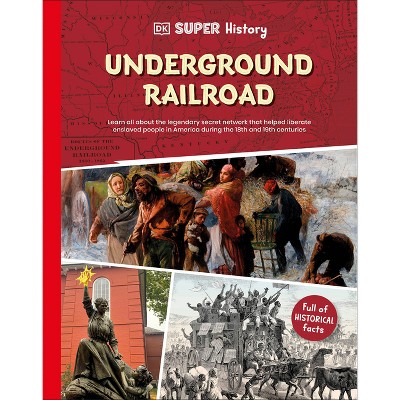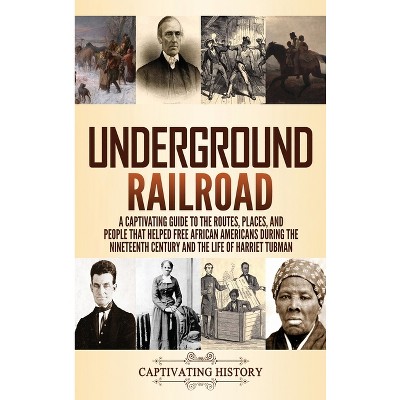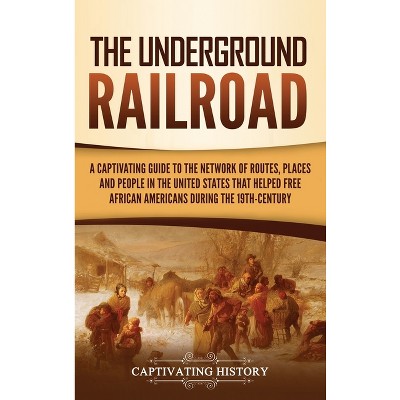Sponsored

Encyclopedia of the Underground Railroad - by J Blaine Hudson (Paperback)
In Stock
Sponsored
About this item
Highlights
- Fugitive slaves were reported in the American colonies as early as the 1640s, and escapes escalated with the growth of slavery over the next 200 years.
- About the Author: The late J. Blaine Hudson was a professor of Pan-African studies and dean of the College of Arts and Sciences at the University of Louisville.
- 316 Pages
- Social Science, Ethnic Studies
Description
About the Book
Fugitive slaves were reported in the American colonies as early as the 1640s, and escapes escalated with the growth of slavery over the next two hundred years. As the number of fugitives rose, the Southern states pressed for harsher legislation that they thought would prevent escapes. The Fugitive Slave Act of 1850 criminalized any assistance, active or passive, to a runaway slave--yet it only encouraged the behavior it sought to prevent. Friends of the fugitive, whose previous assistance to runaways had been somewhat haphazard, increased their efforts at organization. By the onset of the Civil War in 1861, the Underground Railroad included members, defined stops, set escape routes and a code language.Book Synopsis
Fugitive slaves were reported in the American colonies as early as the 1640s, and escapes escalated with the growth of slavery over the next 200 years. As the number of fugitives rose, the Southern states pressed for harsher legislation to prevent escapes. The Fugitive Slave Act of 1850 criminalized any assistance, active or passive, to a runaway slave--yet it only encouraged the behavior it sought to prevent. Friends of the fugitive, whose previous assistance to runaways had been somewhat haphazard, increased their efforts at organization. By the onset of the Civil War in 1861, the Underground Railroad included members, defined stops, set escape routes and a code language.
From the abolitionist movement to the Zionville Baptist Missionary Church, this encyclopedia focuses on the people, ideas, events and places associated with the interrelated histories of fugitive slaves, the African American struggle for equality and the American antislavery movement. Information is drawn from primary sources such as public records, document collections, slave autobiographies and antebellum newspapers.
Review Quotes
"comprehensive...highly recommended"-Choice; "an impressive amount of detail"-C&RL News; "useful"-Booklist; "impressively comprehensive...highly useful...no other work available provides such a vast quantity of quality reference information on this topic...highly impressive...valuable...recommended"-Multicultural Review; "useful"-ARBA.
About the Author
The late J. Blaine Hudson was a professor of Pan-African studies and dean of the College of Arts and Sciences at the University of Louisville.Shipping details
Return details
Trending Non-Fiction



